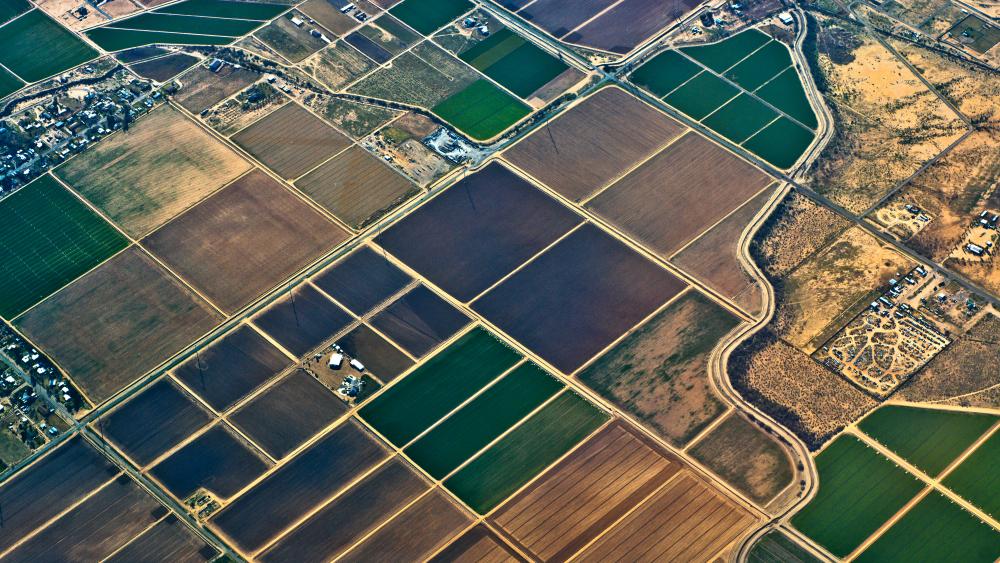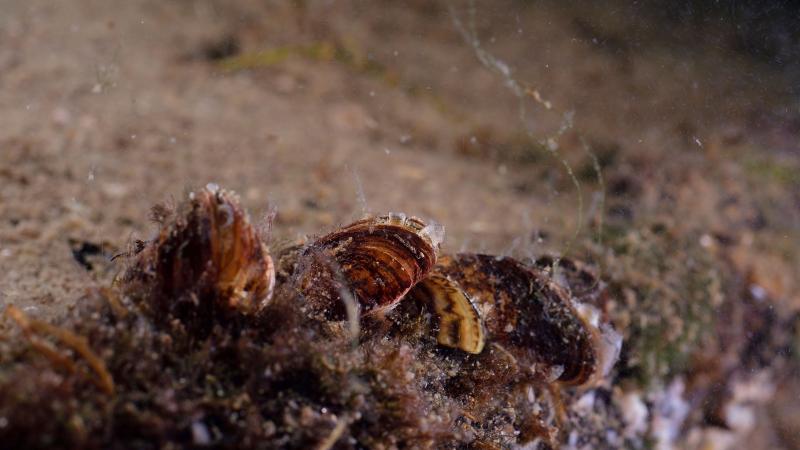
Humanity is shaping the earth in unprecedented ways. A Leibniz network is researching the consequences and possible solutions. | Photo: shutterstock_132404390
Humanity's impact on the Earth and the atmosphere is increasing rapidly. A fundamental question is: How can the Earth system be ecologically stabilised in such a way that well-being, prosperity, justice, peace and security for all people are achieved?
It is true that there is extensive knowledge about individual processes of change. However, this knowledge is still insufficiently interconnected and usable. Thus, important prerequisites are missing to comprehensively explain the consequences of current trends to decision-makers and to illustrate alternative, sustainable future paths.
An open knowledge platform will be built up
To address the deficits in research and cooperation, numerous committed researchers from Leibniz institutions have joined forces to form the Leibniz Research Network "Integrated Earth System Research". The expertise of this network ranges from the observation and modelling of Earth system processes to economics, political and social sciences. The network will gradually establish a research platform. The Leibniz institutions see themselves as initiators, while the platform will be open to all interested scientists.
IGB will contribute to the topics of biodiversity and rural-urban transitions
Hans-Peter Grossart and Mark Gessner are the IGB's contributors to the network. Their expertise on aquatic biodiversity and the role of water bodies in the landscape ties in with pressing challenges such as species loss, land use conflicts and urbanisation.
Read the press release >






